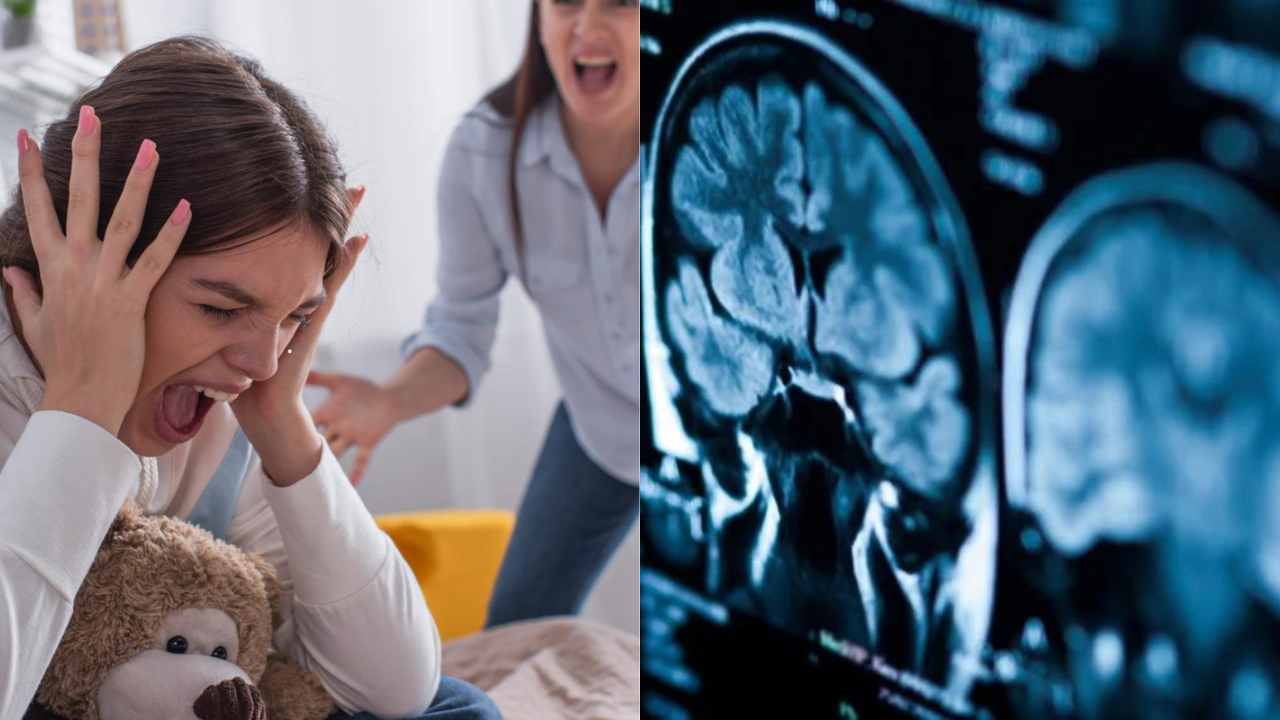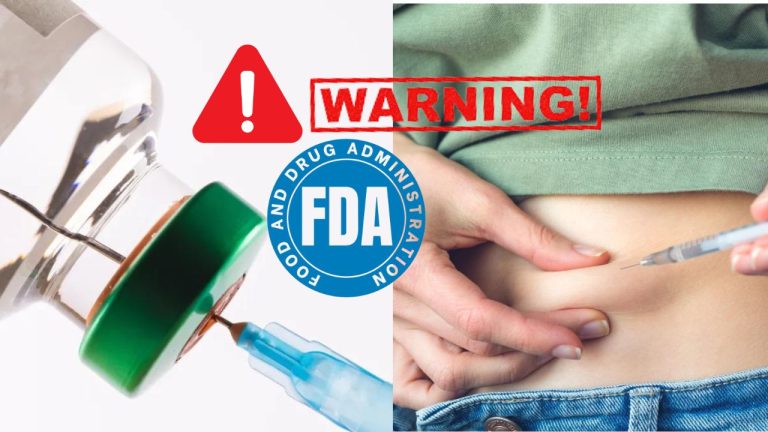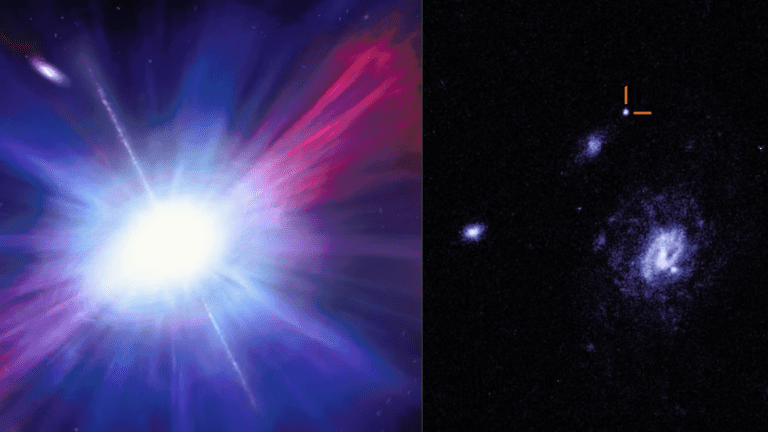A recent study in Psychological Medicine shows that teens with depression are more affected by parental criticism. And less responsive to parental praise compared to their non-depressed peers.
Depression in teens is a common concern linked to low self-esteem. Negative interactions between parents and teens are associated with depression development. Researchers from Leiden University in the Netherlands aimed to understand how depressed teens specifically react to parental feedback, both negative (criticism) and positive (praise). Researchers observed the research through increased brain activity and self-reported mood assessments.
They recruited 20 Dutch teenagers, aged 13.5 to 18, diagnosed with dysthymia or major depressive disorder, alongside 59 healthy adolescents aged 12 to 18 without depression. Parents of both groups participated.
Posts from the science
community on Reddit
Researchers asked participants to rate personality-related words as negative, neutral, or positive. Later, they underwent brain scans. They were misled into thinking their parents had chosen feedback words to describe them, though they saw pre-programmed words instead.
After viewing each word, adolescents reported their mood. Later, outside the MRI scanner, they recalled as many feedback words as possible in 2 minutes.
Both depressed and healthy teens experienced mood changes after criticism and praise. But the mood improvement from praise was less pronounced in depressed teens.
MRI scans showed increased brain activity in depressed adolescents, particularly in the subgenual anterior cingulate cortex (sgACC), a region believed to regulate mood. This heightened sgACC activity suggests an attempt to coordinate cognitive and emotional processes.
Depressed adolescents also showed increased activity in the temporal pole, associated with social knowledge, as well as memory-related regions like the hippocampus and parahippocampal gyrus. This aligned with their tendency to remember criticism more than praise, indicating a bias toward negative feedback.
Conclusion
Depressed teens had more negative self-views, rating positive feedback as less applicable and negative or neutral feedback as more applicable compared to healthy peers. Parental feedback matching their self-view improved their mood. However, parental criticism had a smaller mood improvement effect on depressed adolescents.
The study had limitations, such as a small sample size due to recruitment challenges during the COVID-19 pandemic. Some participants had other medical or psychiatric conditions, possibly influencing emotional states. The study still highlights the crucial role parents play in their teens’ mental health.
The study, “Sticky criticism? Affective and neural responses to parental criticism and praise in adolescents with depression”, was authored by Lisanne A.E.M. van Houtum, Mirjam C.M. Wever, Charlotte C. van Schie, Loes H.C. Janssen, Wilma G.M. Wentholt, Marieke S. Tollenaar, Geert-Jan Will, and Bernet M. Elzinga.
Also read:







